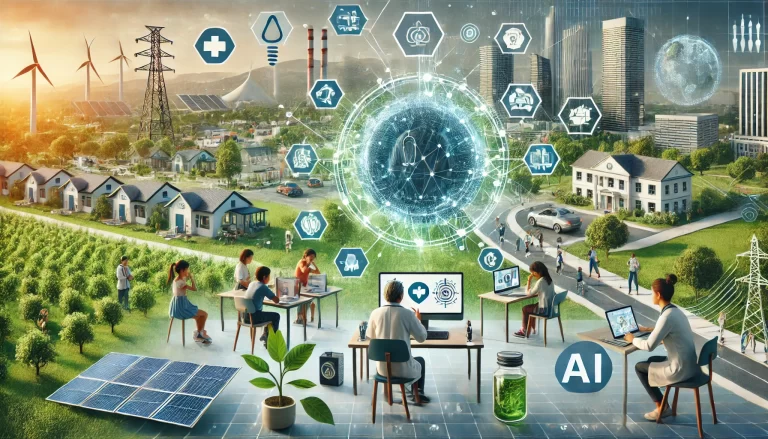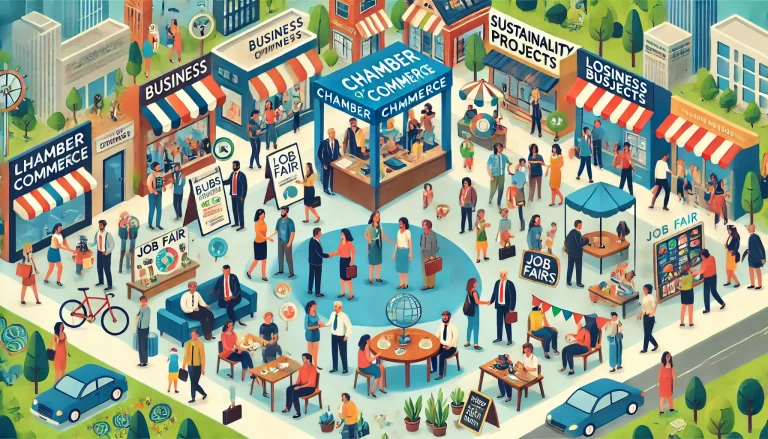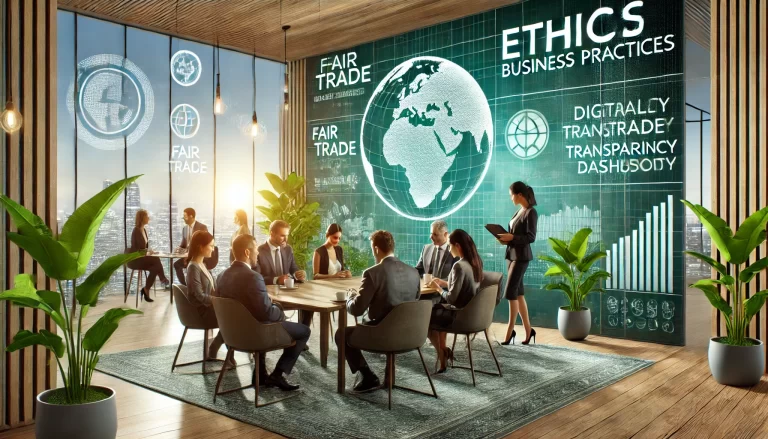The Role of Businesses in Achieving the UN Sustainable Development Goals (SDGs)

The United Nations Sustainable Development Goals (SDGs) provide a blueprint for a better and more sustainable future. Businesses play a crucial role in achieving these goals by integrating responsible practices into their operations.
What Are the UN Sustainable Development Goals?
The 17 SDGs, set by the UN in 2015, address global challenges such as poverty, climate change, education, and equality. Key goals relevant to businesses include:
• Goal 8: Decent work and economic growth
• Goal 12: Responsible consumption and production
• Goal 13: Climate action
How Businesses Can Contribute to the SDGs
a) Promoting Decent Work & Economic Growth (Goal 8)
• Ensure fair wages and safe working conditions.
• Support small businesses through fair trade and ethical sourcing.
• Provide job training and career development programs.
b) Advancing Gender Equality & Inclusion (Goal 5 & Goal 10)
• Implement diversity and inclusion policies.
• Support women-led and minority-owned businesses.
• Offer equal pay and leadership opportunities.
c) Climate Action & Sustainability (Goal 13 & Goal 12)
• Reduce greenhouse gas emissions and waste.
• Invest in renewable energy and sustainable supply chains.
• Educate employees and customers on sustainable practices.
d) Ethical & Sustainable Innovation (Goal 9 & Goal 17)
• Develop eco-friendly products and services.
• Partner with governments and NGOs for sustainable development projects.
• Use technology to drive social and environmental change.
Case Studies: Businesses Leading in SDG Implementation
• Unilever: Committed to reducing plastic waste and sustainable sourcing.
• Tesla: Advancing clean energy solutions.
• Microsoft: Aiming for carbon negativity by 2030.
Conclusion
The private sector has the power to drive meaningful change. By aligning business strategies with the SDGs, companies can create lasting impact while ensuring






